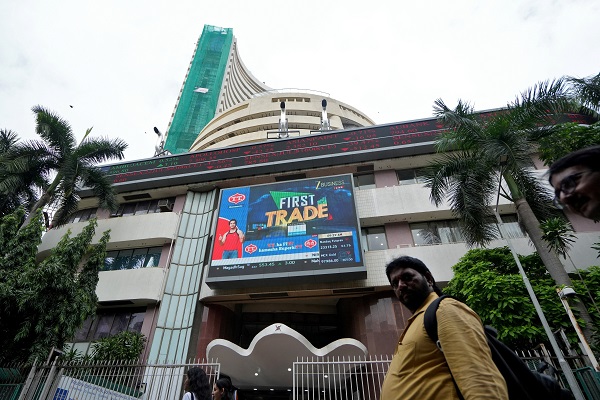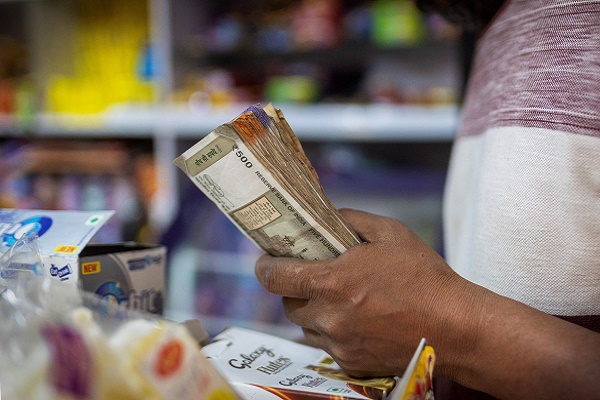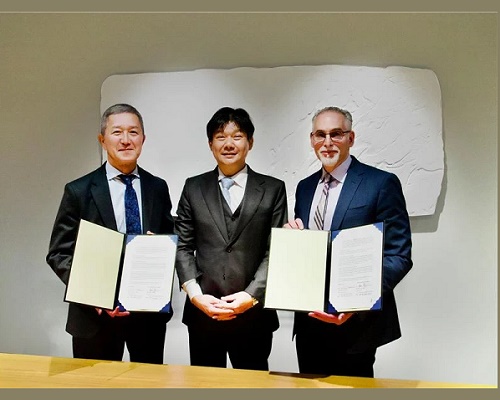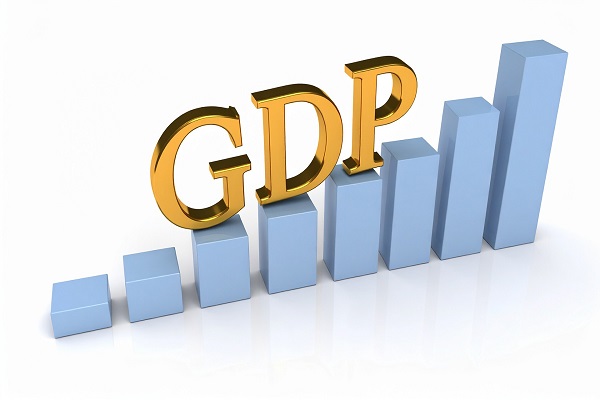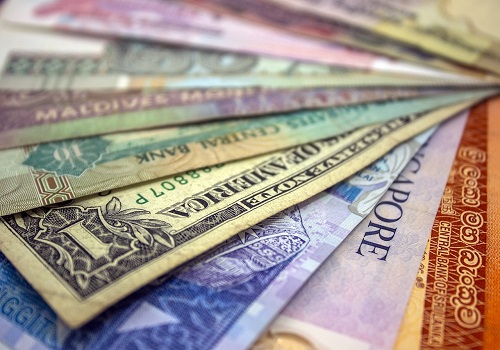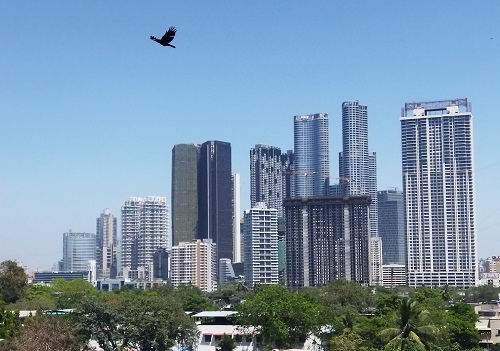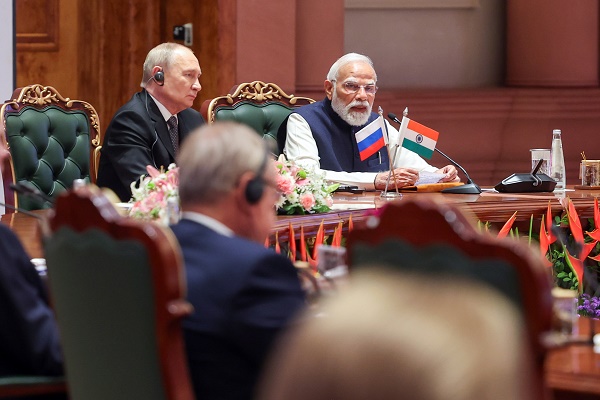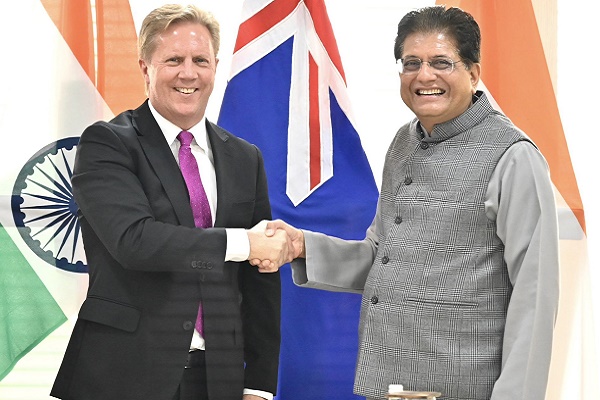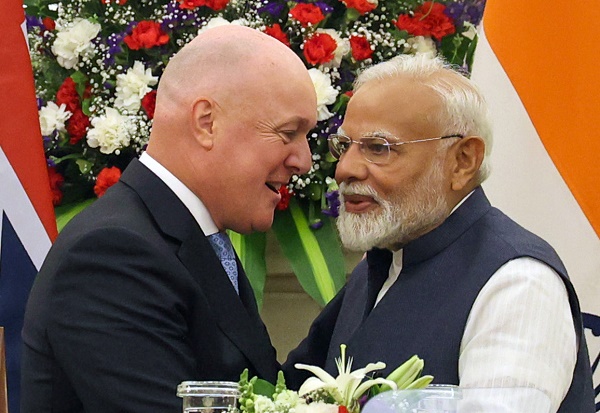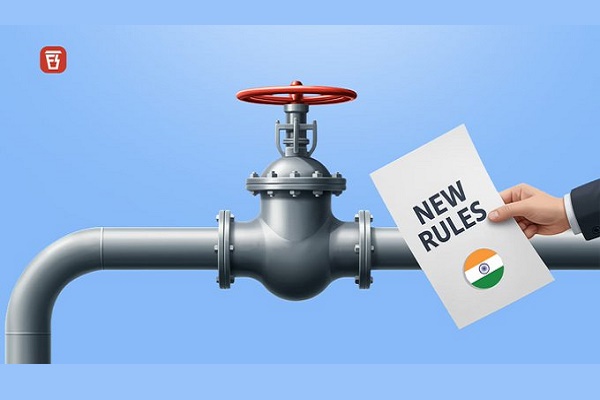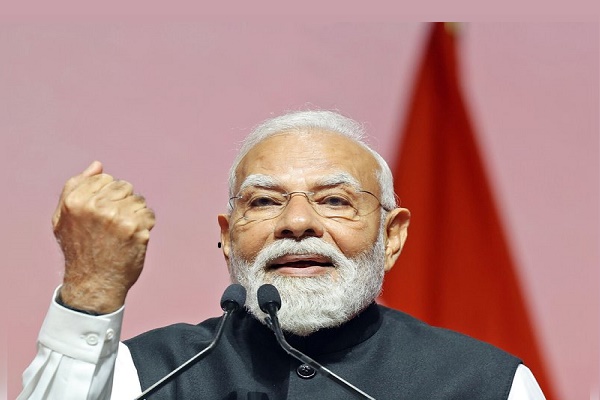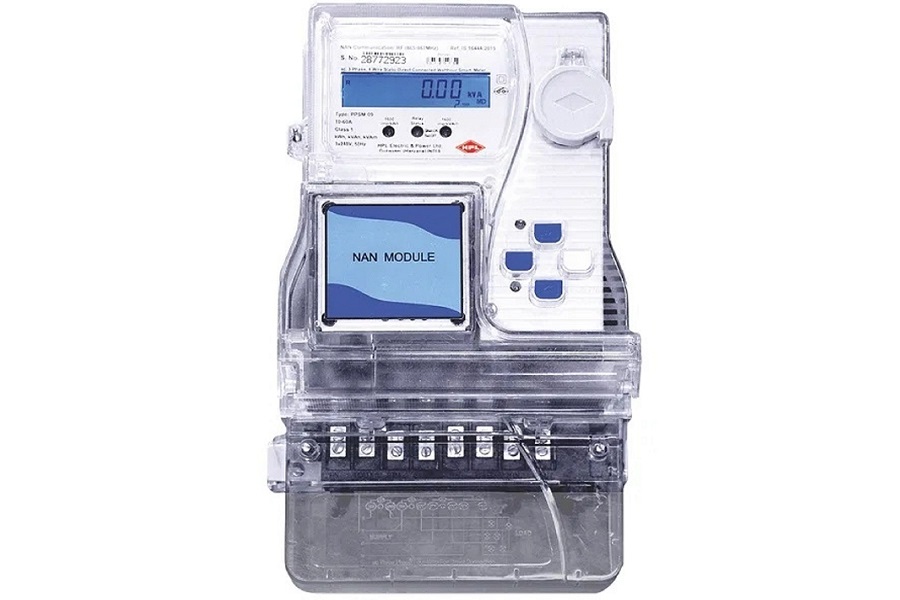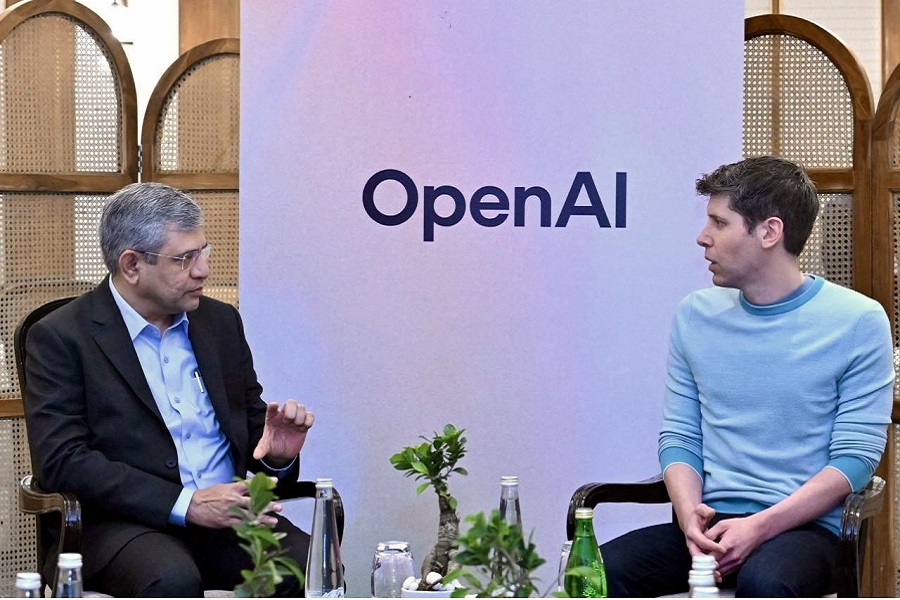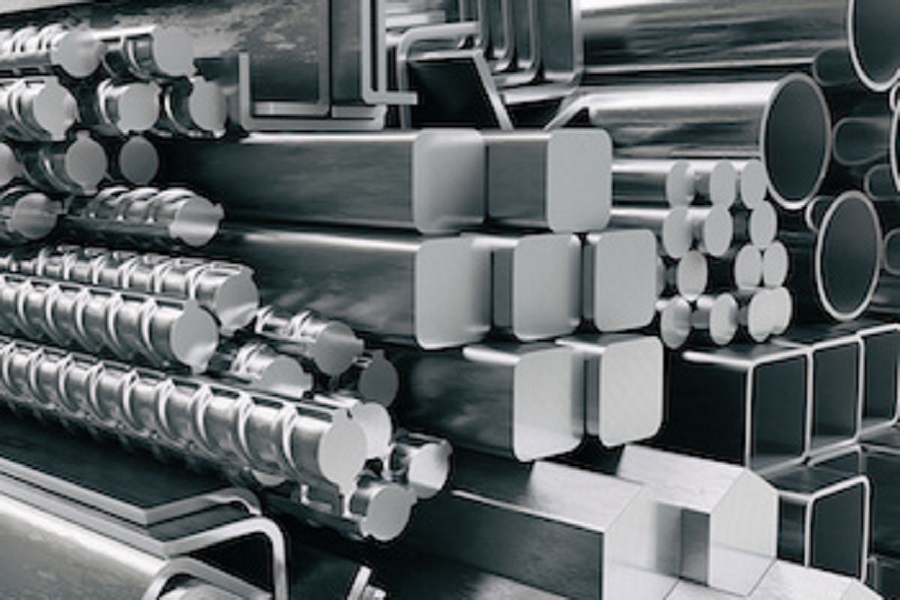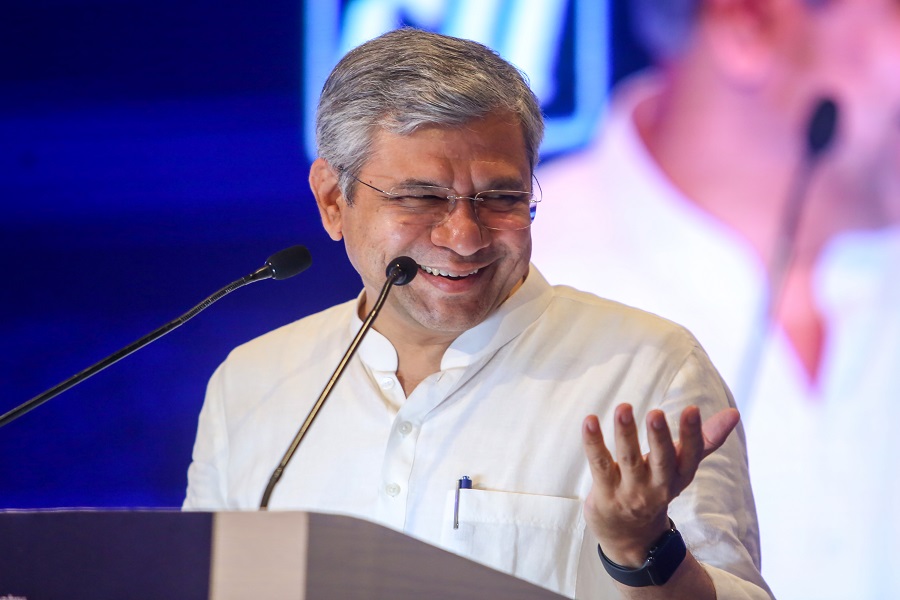Vadhvan Port will strengthen India`s port eco-system, enhance trade efficiency: JNPA chairman
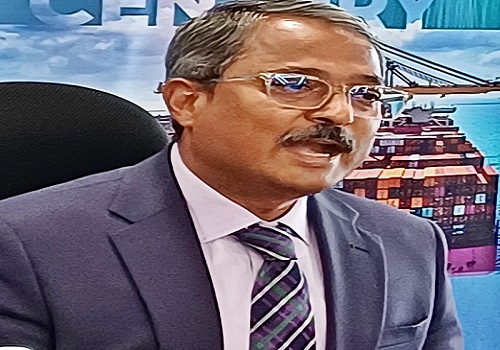
Prime Minister Narendra Modi on Friday is all set to lay the foundation of the Rs 76,000 crore Vadhvan Port, an ambitious project expected to play a game-changing role in transforming the economic landscape of Maharashtra as well as the country by generating employment opportunities and facilitating seamless movement of cargo.
PM Modi will visit Palghar and Mumbai on Friday to lay the foundation stone for the prestigious greenfield Vadhavan Port, address the Global Fintech Fest and launch other projects, officials said here on Thursday.
Expected to become a growth engine in the coming years along India's western coast, on completion, the all-weather Vadhvan Port with a deep draft will be one of the top ten sea-ports in the world, to cost a whopping Rs 76,220 crore including the land acquisition costs.
The Jawaharlal Nehru Port Authority (JNPA) has proposed to develop Vadhvan Port along with the Maharashtra government and Maharashtra Maritime Board.
In an exclusive interview with IANS, Umesh Wagh, chairman of JNPA, explains how the Rs 76,000 crore Vadhvan port will be a game changer to boost trade efficiency for the entire country.
IANS: How is the Vadhvan port logistically crucial for not just Maharashtra but for India?
Umesh Wagh: Vadhvan Port is strategically significant not just for Maharashtra but for all of India due to its excellent connectivity and its role in enhancing logistics efficiency. Located 12 km from Vangaon Railway Station along the Mumbai-Surat Western Rail Link, the port will connect to the Dedicated Freight Corridor (DFC) line at New Palghar Station, enabling seamless movement of goods. It is also well-connected by road, being 33.4 km from NH 48 and 22 km from the Vadodara Expressway, with all routes merging towards the port.
As an all-weather Greenfield deep-draft major port, Vadhvan will be a key node in the India-Middle East Economic Corridor (IMEC), which consists of an Eastern Corridor linking India to the Gulf region and a Northern Corridor connecting the Gulf to Europe. This corridor will integrate rail, ship-rail transit, and road transport, making Vadhvan the primary feeder port for IMEC. It will facilitate cargo movement to Chabahar Port in Iran and the International North-South Transport Corridor, significantly reducing logistics costs and transit time, and thereby boosting trade efficiency for the entire country.
IANS: Will the port impact JNPA operations or will it be complementary to boost the trade?
Umesh Wagh: The Vadhvan Port will not negatively impact JNPA's operations; instead, it will complement them and boost trade. With a natural deep draft of 20 meters, Vadhvan will be capable of handling large mother vessels, which will enhance overall port capacity. The port has the potential to rank among the Top 10 Container Ports in the world, thanks to its advanced and modernized infrastructure. By working in synergy with JNPA, Vadhavan Port will contribute to strengthening India's port ecosystem and enhancing trade efficiency.
IANS: Why is the project site important and how will it be eco friendly during its operations?
Umesh Wagh: The port is designed to be eco-friendly, with plans to operate as a green port by implementing various environmentally sustainable measures. These include the use of electric Rubber-Tyred Gantry cranes and hybrid Internal Transfer Vehicles to reduce emissions.
The port will feature world-class facilities with efficient systems that minimise processing times, thereby reducing fuel consumption and air pollution. Additionally, shore power will be available for vessels to reduce their emissions while docked, and zero-emission green fuel trucks will operate within the port, contributing to a lower environmental footprint.
IANS: When will the first phase be completed and the entire project be up and running?
Umesh Wagh: The port will handle 10 million TEUs in the first phase which will be completed by 2029 and 23.2 million TEUs after the commissioning of its second phase in 2035.
IANS: JNPA has embarked on a plan to promote skill development for locals. How will this be done?
Umesh Wagh: The Vadhvan Skilling Program's WhatsApp ChatBot developed by JNPA was recently launched. This tool is designed to facilitate access to skilling programs and provide information about Vadhvan Port.
Approximately 90 per cent of the blue-collar jobs will be allocated to residents of the Palghar district. Over 50,000 youths will receive the necessary training, facilitated in collaboration with local institutions, to ensure a skilled workforce.
Additionally, numerous CSR activities are planned, and some are already in execution for community betterment. The primary goal of this chatbot is to gather valuable data and ensure that the youth of Vadhvan receive targeted training that aligns with the employment opportunities generated by the development of the Vadhvan Port project.
The Vadhvan Port project, recently approved by the Union Cabinet, is expected to create approximately employment opportunities for 12 Lakh people and more than 1 crore indirect employment opportunities.
IANS: Also, how the port will help local industry, especially vendors to grow?
Umesh Wagh: The JNPA has proposed constructing a fishing harbour and developing a Sea Food Park in collaboration with the state government to support export-oriented value addition of marine resources, thereby creating employment opportunities for marginalised groups. The JNPA also plans to establish skill development centres focusing on fisheries and container operation-related logistics courses.
IANS: Still a section of villagers, fishing community and political parties are opposed to the project. Will they be brought on board? What efforts are being made to address their concerns?
Umesh Wagh: JNPA has clarified that the coasts will be protected and there will be no adverse impact, based on a flood control survey conducted by JNPA. A Fisher-folks Compensation Policy (FCP) for the VPPL project will be developed in consultation with all stakeholders and the fishing community.
While there has been some local opposition from those impacted by the project, we are committed to addressing their concerns. Those affected by the road and rail connectivity will also be compensated as per the applicable policy of the state government.
.jpg)
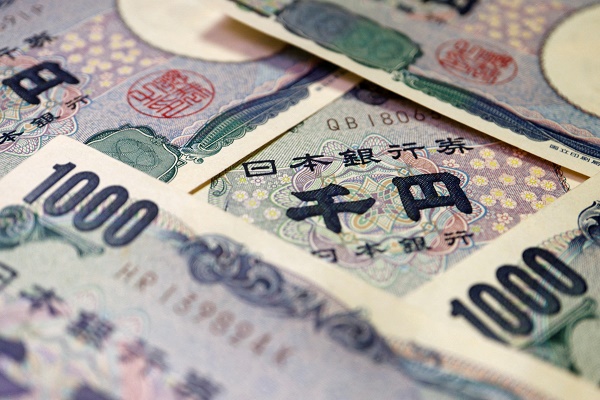

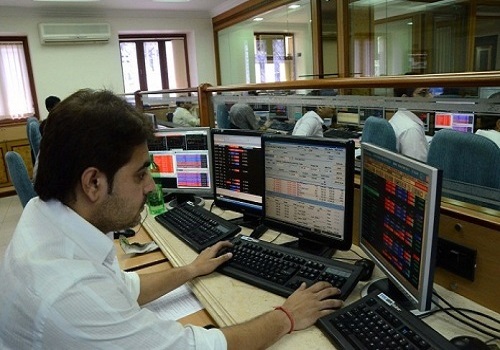
.jpg)
